Making Room for a Happier, Healthier Mouth
Don’t let your wisdom teeth overstay their welcome—our team can help you safely remove them for a more comfortable future.
400+ 5-Star Google Reviews
⭐⭐⭐⭐⭐

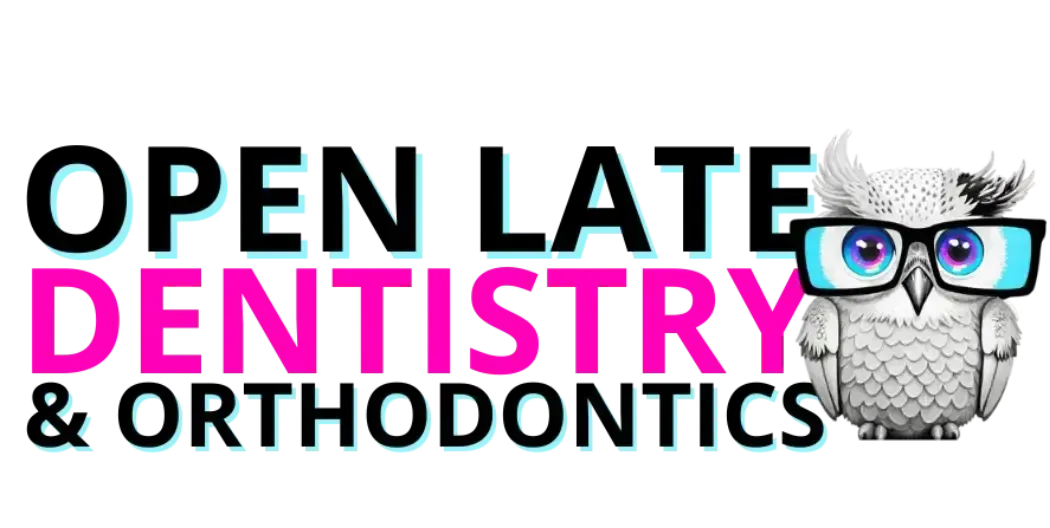
Making Room for a Happier, Healthier Mouth

Don’t let your wisdom teeth overstay their welcome—our team can help you safely remove them for a more comfortable future.
400+ 5-Star Google Reviews ⭐⭐⭐⭐⭐
The thought of surgery, pain, and possible complications makes you feel nervous

❌ Extractions can come with unexpected healthcare costs.
❌ Wisdom teeth surgery seems painful.
❌ Wisdom teeth and when to get them out seems tricky
From Estimates to Surgery Day, We Will Help Guide You Through Your Wisdom Teeth Removal

Meet Your Dentist
Self-Proclaimed Dental Nerd and Fan of the Latest in Dental Technology, Dr. Rouse is here to help you find a solution to your dental needs, including better quality of life thru chewing better food and a better smile.
Dr. Alex Rouse, DDS, FADI, PLLC

Self-Proclaimed Dental Nerd and Fan of the Latest in Dental Technology, Dr. Rouse is here to help you find a solution to your dental needs, including better quality of life thru chewing better food and a better smile.
Why Open Late Dentistry?

Advanced Tech. Better Smiles
"These guys are an amazing team! Always on time, thorough, professional and friendly! All the new technology too. Highly recommend"
Susan D.
⭐⭐⭐⭐⭐

An Environment You’ll Love
"I always have a great experience at Open late dentistry. The environment and the infrastructure is great and the doctor is amazing."
Gokul H.
⭐⭐⭐⭐⭐

Easy Online Booking
"Had a wonderful experience at the Dentist today. The ease of booking an appointment online and the atmosphere were enough to put me at ease. The Dr and staff were both personable which made the process a breeze. I definitely recommend their services at Open Late Dentistry"
Kristin H.
⭐⭐⭐⭐⭐
TESTIMONIALS.
Over 400+ 5-Star Google Reviews
Don't just take our word for it. When it comes to who you trust your dental care with, see what our Celina-area residents are saying about the Open Late Dentistry and Orthodontics Team
Tour our Office
Wanna see what our office is all about?
TESTIMONIALS.
Don't just take our word for it... When it comes to who you trust your dental care with, see what our Celina-area residents are saying about the Open Late Dentistry and Orthodontics Team
F.A.Q.'s
How much does it cost to have my wisdom teeth removed?
Cost can vary depending on your insurance coverage, the specifics of your treatment, and how many teeth are involved. To help you plan ahead, we offer a Complimentary Benefit Check before your visit. We’ll confirm any coverage details, deductibles, and estimated out-of-pocket costs—so there are no surprises when it’s time for treatment.
My Orthodontist is Recommending my Wisdom Teeth be removed...Why?
Orthodontists often recommend wisdom tooth removal to prevent future crowding or shifting of your teeth—especially after braces or aligners. Even if your wisdom teeth aren’t currently causing issues, removing them early can help protect your straightened smile and avoid complications later on.
Do you offer financing or payment plans for wisdom teeth?
Yes — we offer flexible financing options, including third-party financing provider, to make your dental treatment more affordable and manageable within your budget.
Do you offer virtual consultations or teledentistry?
Absolutely! We offer virtual consultations so you can discuss your oral health concerns, explore treatment options, and receive estimates—all from the comfort of your home.
I have dental anxiety. Do you offer any sedation options?
Absolutely. We offer nitrous oxide (“laughing gas”) as well as oral or IV sedation options to help you stay calm and comfortable throughout crown procedures. Our team will recommend the best approach based on your needs and medical history.
What does out-of-network dental insurance mean?
Out-of-network means your dentist doesn’t have a set payment deal with your insurance company. You can still go to them, but your insurance might cover less of the cost, so you’ll pay more than you would with an in-network dentist. Sometimes, depending on your plan, your insurance may not pay anything — in that case, you would pay the full amount yourself.
What are wisdom teeth?
Wisdom teeth are the third molars that typically erupt between ages 17 and 25. They often lack space to grow properly, leading to issues like crowding or infection.
What is a Panoramic X-ray?
A panoramic X-ray takes one wide picture of your whole mouth. For wisdom teeth, it shows the exact position and orientation of the teeth, which can’t be seen in a regular photo. This helps the dentist plan for a safe extraction. If you’re using insurance, the panoramic X-ray also helps determine which type of extraction is needed so the right codes can be sent. The process is quick, easy, and painless.
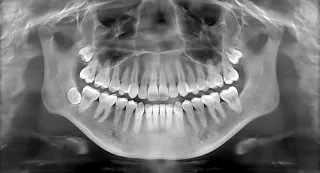
Why do wisdom teeth need to be removed?
Wisdom teeth do not always need to be removed. Most of the time however, either the upper or lower jaw does not have enough space to fit your wisdom teeth. This can cause infection issues and problems keeping the area clean so it is highly recommended to remove them when symptoms are present.
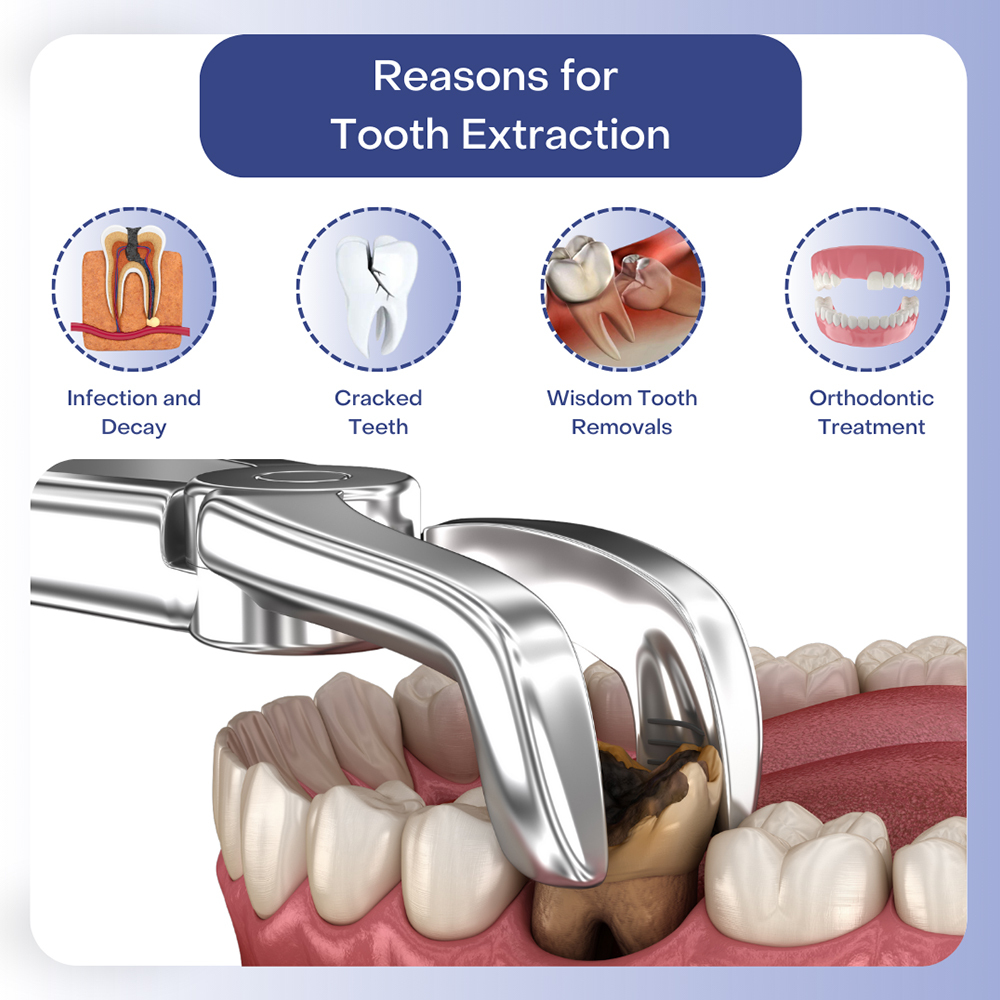
What age is best for wisdom tooth removal?
The ideal window is typically between ages 13 and 20. At this stage, the roots aren’t fully developed, making the procedure easier and recovery quicker. But every patient is different—we’ll take X-rays to determine the right timing for you.
Do all four wisdom teeth need to be removed at once?
We usually recommend having all four wisdom teeth removed at the same time. Doing them individually can mean going through multiple recoveries and surgical discomfort more than once. By removing all four at once, we help minimize repeated healing periods and make the overall recovery process smoother. That said, we’ll review your X-rays together and discuss the best plan for your specific situation.
Can I keep my wisdom teeth if they don’t hurt?
Pain isn’t the only reason to remove wisdom teeth. Even without symptoms, they may be growing at an angle, pushing against other teeth, or trapped under the gums (impacted). Regular monitoring and imaging can help us determine if keeping them is truly safe.
Why are wisdom teeth more difficult to remove than other teeth?
Depending on a variety of factors, wisdom tooth extraction can be more difficult than other teeth, but for the most part, a wisdom tooth extraction is a fairly routine process performed by your dentist. If the dentist notices a situation that presents a more complicated extraction, they will discuss it with you beforehand, but it usually isn’t a major cause for concern.
What is an impacted wisdom tooth?
An impacted wisdom is the third molar at the very back of your mouth that doesn’t have enough room to emerge or develop in a normal manner. This will usually lead to complications if it’s not taken care of by a dentist, leading to further discomfort or the possibility of more extensive dental procedures down the road. It’s best to take the advice of your dentist when the suggest the extraction of one or more of your third molars to prevent other oral health issues.
What does it mean if a wisdom tooth is impacted?
An impacted wisdom tooth is one that doesn’t fully emerge due to insufficient space or improper alignment. This can cause pain, swelling, or infection.
How do I know if I need my wisdom teeth removed?
Common signs include pain, swelling, jaw stiffness, or recurring infections. During an exam and X-rays, we can determine if extraction is necessary.
When is a tooth extraction necessary?
An extraction may be needed for severely decayed, damaged, or infected teeth, or to make space for orthodontic treatment or impacted wisdom teeth.
Is wisdom tooth removal painful?
The procedure itself is painless because we use local anesthesia and offer sedation options. Some soreness is normal afterward, but we provide guidance for a smooth recovery.
What can I eat after an extraction?
Stick to soft foods like soup, yogurt, mashed potatoes, and smoothies for the first few days. Avoid hot, spicy, or crunchy foods.
What is a Dry Socket Barrier?
A dry socket occurs when the blood clot protecting the extraction site is dislodged. Avoid smoking, drinking through a straw, or vigorous rinsing to reduce the risk.
What is Dental Bone Grafting and Why Would I Need It?
Dental bone grafting is a procedure where bone material is placed in the jaw to help rebuild or preserve bone after a tooth is removed. When wisdom teeth are taken out, especially in the back of the mouth, the surrounding bone can sometimes be thin or at risk of shrinking. A bone graft helps maintain the strength and shape of the jawbone, supports proper healing, and preserves the option for future treatments such as dental implants. Your dentist may recommend it if they see that the bone around your wisdom tooth needs extra support for long-term oral health.
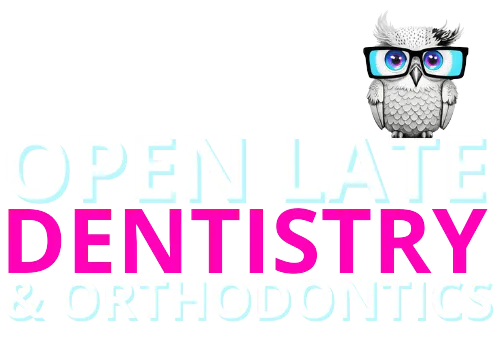
OFFICE HOURS
TUESDAY: 12:00 PM - 6:00 PM
WEDNESDAY: 12:00 PM - 6:00 PM
THURSDAY: 12:00 PM - 7:00 PM
FRIDAY: 10:00 AM - 5:00 PM
SATURDAY: 10:00 AM - 2:00 PM
(Select Saturdays Only)
OPEN LATE DENTISTRY & ORTHODONTICS
Contact Us
TEXT us at: 972-885-9670
Location
1212 S Preston Rd #130,
Celina, TX 75009, United States

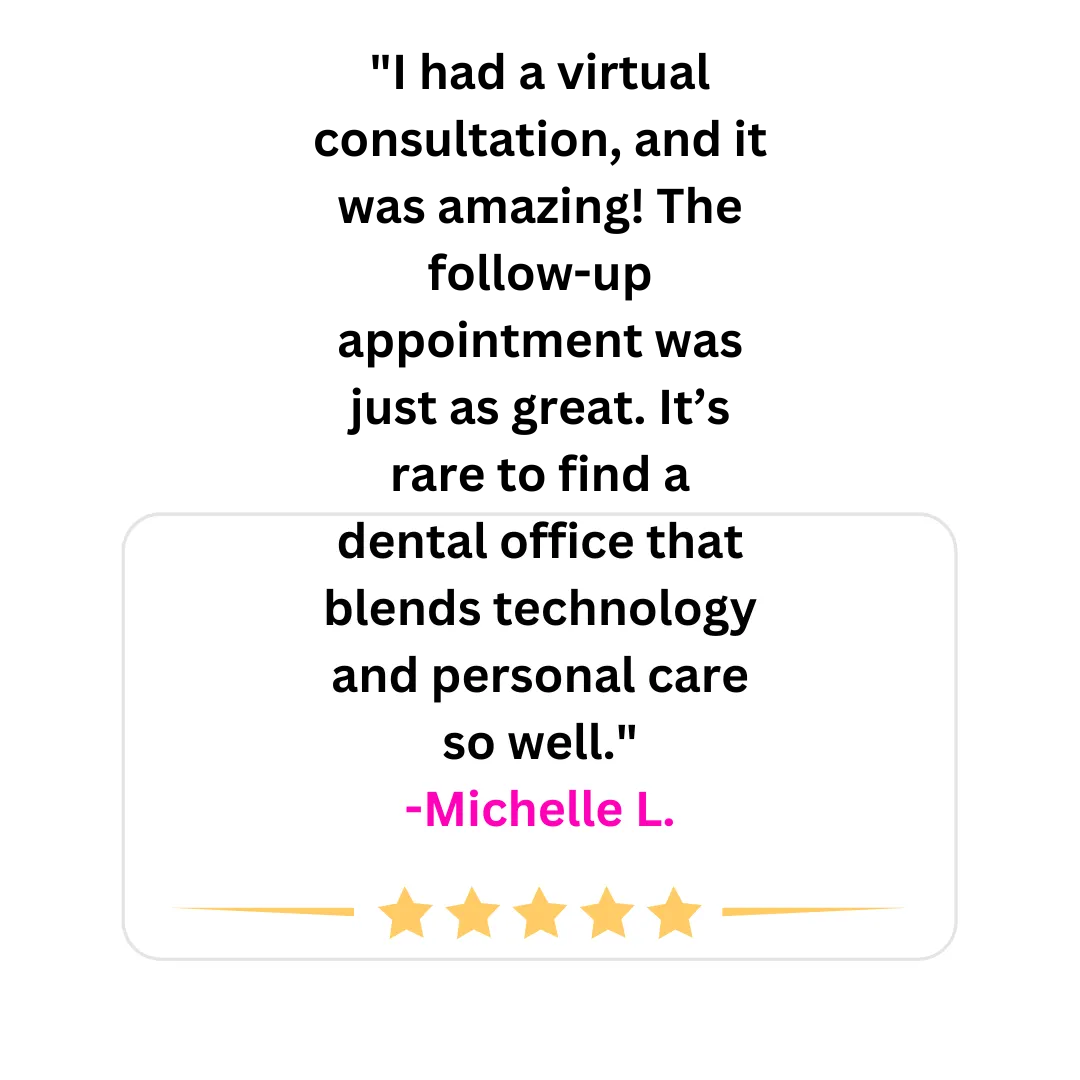








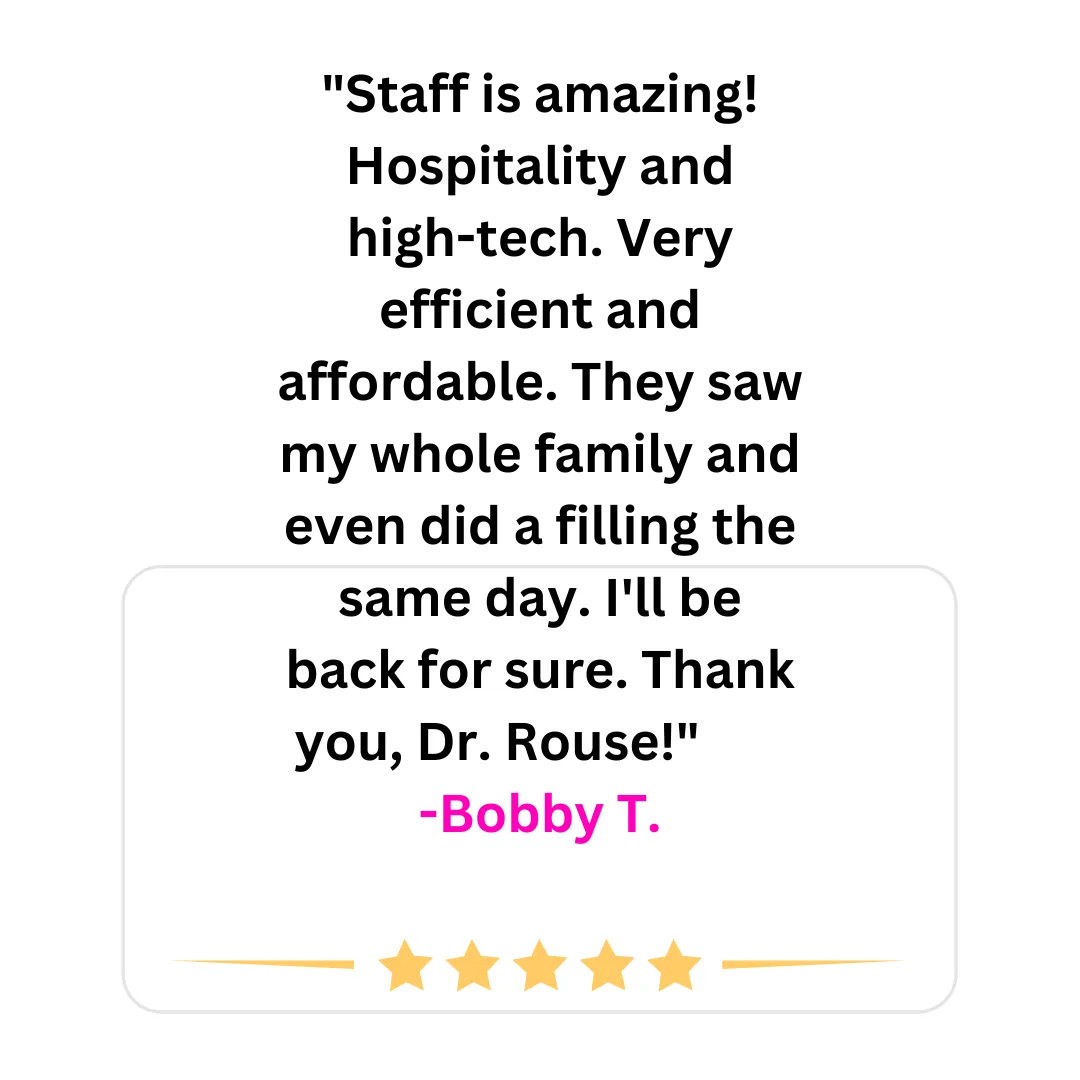

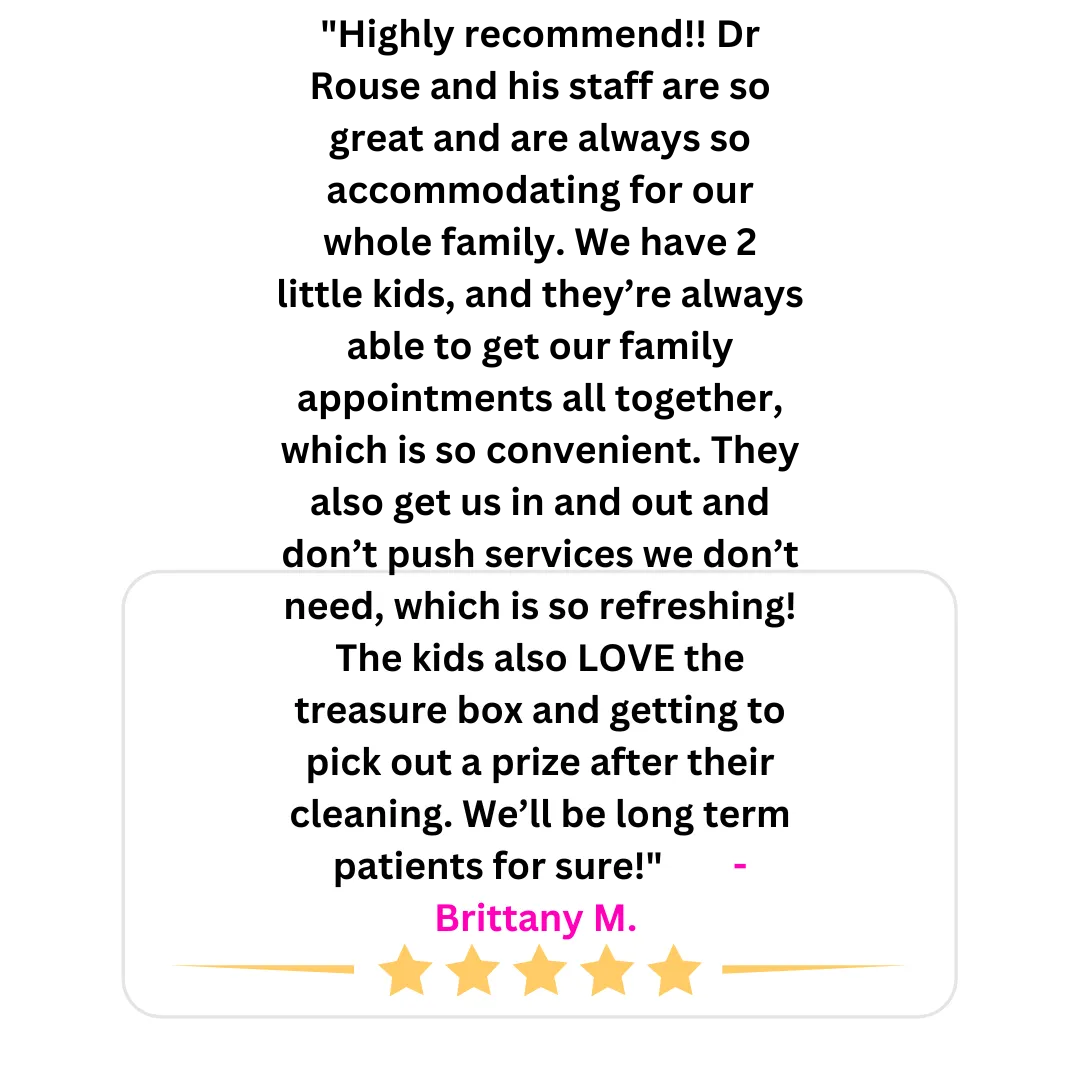




Facebook
Instagram